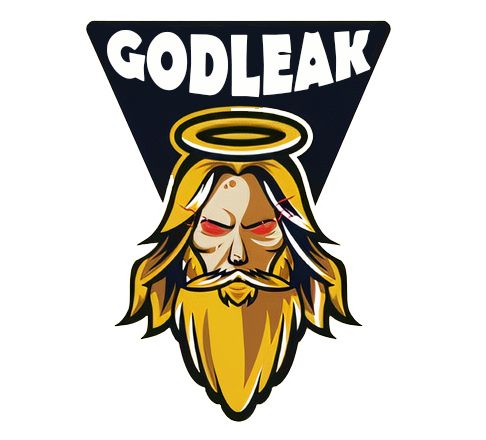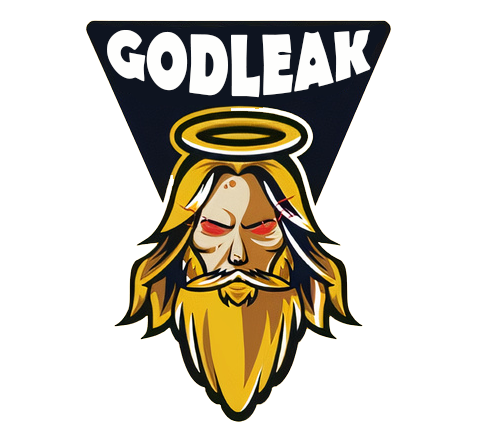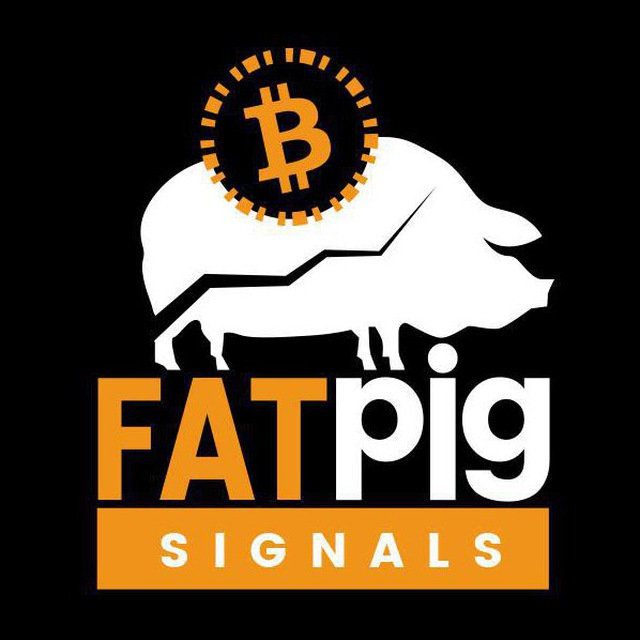Judge dismisses coders’ DMCA claims against Microsoft, OpenAI and GitHub

The partial dismissal indicates complainants failed to demonstrate that GitHub reproduces human-created code.
The judge overseeing a billion-dollar class action lawsuit against GitHub, OpenAI, and Microsoft over the alleged unauthorized use of intellectual property (IP) to train the “GitHub Copilot” artificial intelligence (AI) coding software has partially dismissed the claims against the defendants.
This marks a win for big tech and the generative AI industry, which currently faces a number of related lawsuits.
Doe(s) v. OpenAI/GitHub/Microsoft
The lawsuit’s complainants had alleged that OpenAI “scraped” GitHub and used human-created coding snippets to train GitHub Copilot without permission, compensation, or credit. According to the lawsuit, Copilot reproduced human-generated code line-for-line and, as such, the complainants were apparently seeking compensation in the amount of $1 billion.
There are five anonymous complainants in the case, ostensibly representing the class suing, each labelled as “John Doe” in court documents released to the public so far.
According to separate reports from Bloomberg Law and Law360, California Northern District Judge Jon S. Tigar dismissed the class claims stemming from the Digital Millennium Copyright Act (DMCA). Per Bloomberg Law, this is because the claimants “failed to show their code was reproduced identically.”
The dismissal appears to have been filed by Judge Tigar on June 24. Related documents show that, at the time, public access to the text of the filing was restricted — possibly due to the exposure of previously redacted names. It was evidently unsealed on Friday, July 5.
Impact on artificial intelligence
Get to know Godleak
Godleak crypto signal is a service which provide profitable crypto and forex signals. Godleak tried to provide you signals of best crypto channels in the world.
It means that you don’t need to buy individual crypto signal vip channels that have expensive prices. We bought all for you and provide you the signals with bot on telegram without even a second of delay.

Godleak crypto leak service have multiple advantages in comparision with other services:
- Providing signal of +160 best crypto vip channels in the world
- Using high tech bot to forward signals
- Without even a second of delay
- Joining in +160 separated channels on telegram
- 1 month, 3 months , 6 months and yearly plans
- Also we have trial to test our services before you pay for anything
For joining Godleak and get more information about us only need to follow godleak bot on telegram and can have access to our free vip channels. click on link bellow and press start button to see all features
Join for Free
☟☟☟☟☟
https://t.me/Godleakbot
Also you can check the list of available vip signal channels in the bot. by pressing Channels button.
The lawsuit was originally filed in 2022. At the time, it was largely viewed by analysts and pundits that the case would have far-reaching implications for tech. The Verge’s James Vincent, for example, wrote that “the suit could have a huge impact on the wider world of artificial intelligence.”
In the same article, Vincent cited a pair of programmers purportedly behind the lawsuit who, at the time, were of the mindset that “we’re in the Napster-era of AI” and that “letting Microsoft use other’s code without attribution could kill the open source movement.”
Fast forward to July 2024 and it appears as though those claims have largely been dismissed. What this spells for Microsoft, OpenAI, and GitHub remains unclear, but it could lead to an unfettering of the companies’ endeavors in the area of AI-generated coding.
Microsoft and OpenAI face several related lawsuits including one from the New York Times with similarities to this case. Much like the programmers behind the coding lawsuit, the New York Times alleges that OpenAI used its IP to train its models and that those models sometimes produce outputs containing identical information.
As to whether the recent ruling in favor of OpenAI, Microsoft, and GitHub will have any bearing on that and/or other related cases remains to be seen.








